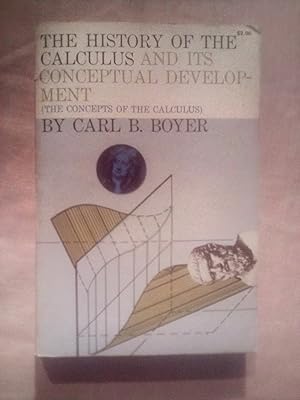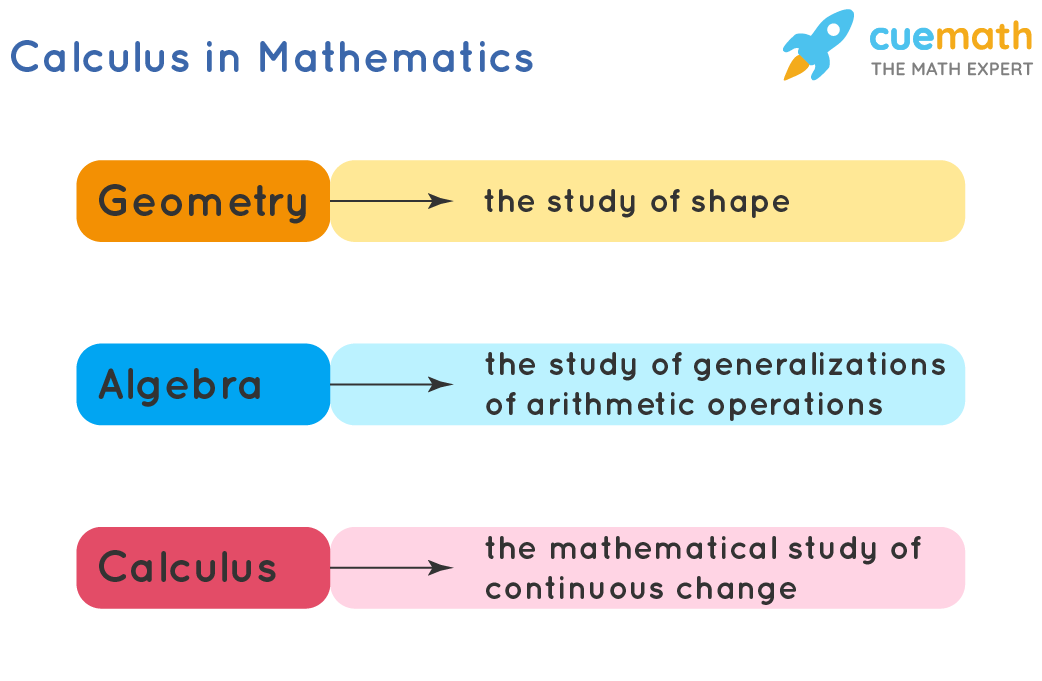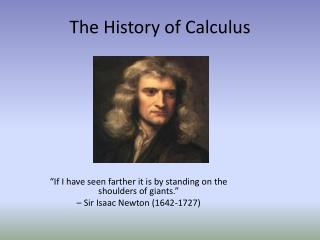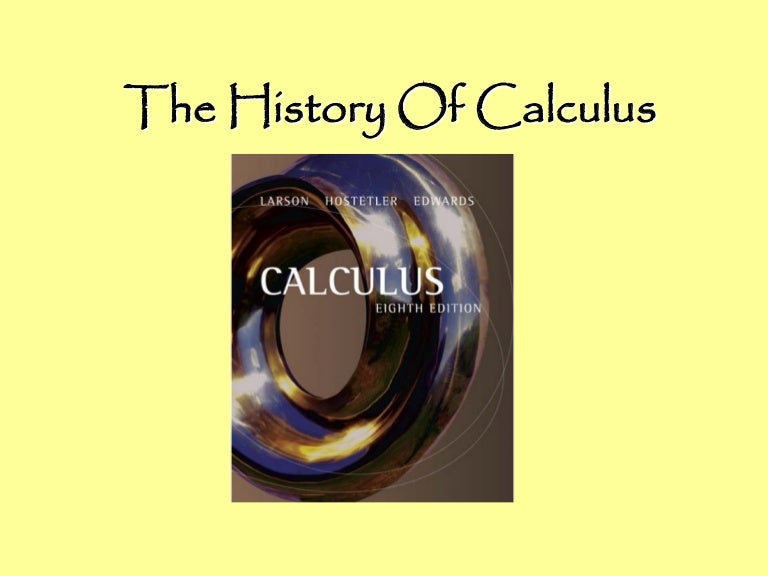During the Scientific Revolution, great strides were made in the field of mathematics. One of the most important developments was the creation of calculus. Calculus is a branch of mathematics that deals with rates of change and slopes of curves. Developed independently by Sir Isaac Newton and Gottfried Leibniz in the 17th century, calculus has had a major impact on nearly every field of study, from physics and engineering to economics and biology.
Calculus: A Brief History
The idea behind calculus can be traced back to the ancient Greeks, who were interested in studying curves and their properties. However, it wasn't until the development of calculus that mathematicians were able to describe the behavior of curves in a precise way. Over time, calculus has evolved into a powerful tool for solving complex problems and modeling real-world phenomena.

The Importance of Calculus
Calculus is a crucial tool for scientists, engineers, and mathematicians. It allows them to model and analyze complex systems in a precise way, making it possible to predict future behavior and design more efficient systems. For example, calculus is used in physics to describe the behavior of particles and waves, and in engineering to design structures that can withstand stress and strain.

In addition to its practical applications, calculus is also important for its theoretical implications. It has been used to solve long-standing mathematical problems and has introduced new concepts and ideas. For example, the use of calculus in physics led to the discovery of new laws of motion and the development of modern physics.
The Future of Calculus
Despite its long history, calculus is still an active and evolving field of study. New applications are being discovered all the time, and new techniques are being developed to solve complex problems. As technology continues to advance, calculus will play an increasingly important role in shaping our understanding of the world around us.
In conclusion, calculus is a critical tool for understanding the behavior of complex systems and modeling real-world phenomena. Its development during the Scientific Revolution has had a profound impact on nearly every field of study, and it continues to play a vital role in shaping our understanding of the world. As we continue to explore new frontiers in science, technology, and mathematics, calculus will undoubtedly remain a cornerstone of our knowledge and understanding.
If you are searching about Calculus - Formula, Definition, Examples | What is Calculus? you've came to the right web. We have 6 Pics about Calculus - Formula, Definition, Examples | What is Calculus? like scientific Revolution timeline | Timetoast timelines, Calculus - Formula, Definition, Examples | What is Calculus? and also Calculus - Formula, Definition, Examples | What is Calculus?. Here it is:
Calculus - Formula, Definition, Examples | What Is Calculus?
 www.cuemath.com
www.cuemath.com calculus integral differential important examples function mathematics
Scientific Revolution Timeline | Timetoast Timelines
 www.timetoast.com
www.timetoast.com calculus timetoast invented
History Calculus Its Conceptual Development - AbeBooks
 www.abebooks.com
www.abebooks.com calculus
What Is Calculus - YouTube
 www.youtube.com
www.youtube.com calculus
PPT - The History Of Calculus PowerPoint Presentation, Free Download
 www.slideserve.com
www.slideserve.com calculus history
The History Of Calculus
 www.slideshare.net
www.slideshare.net calculus history slideshare
Calculus timetoast invented. Calculus history slideshare. Calculus history

No comments:
Post a Comment